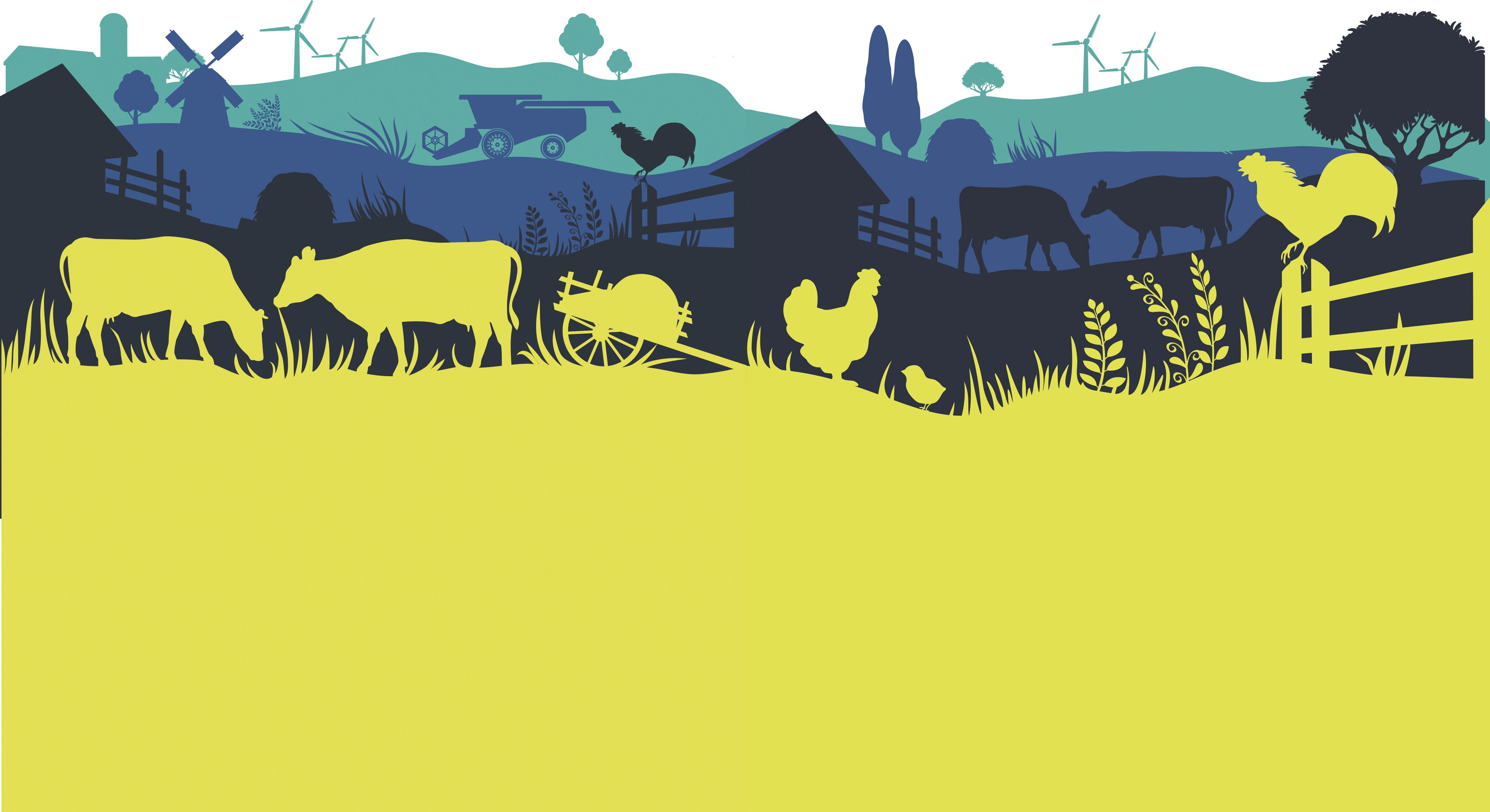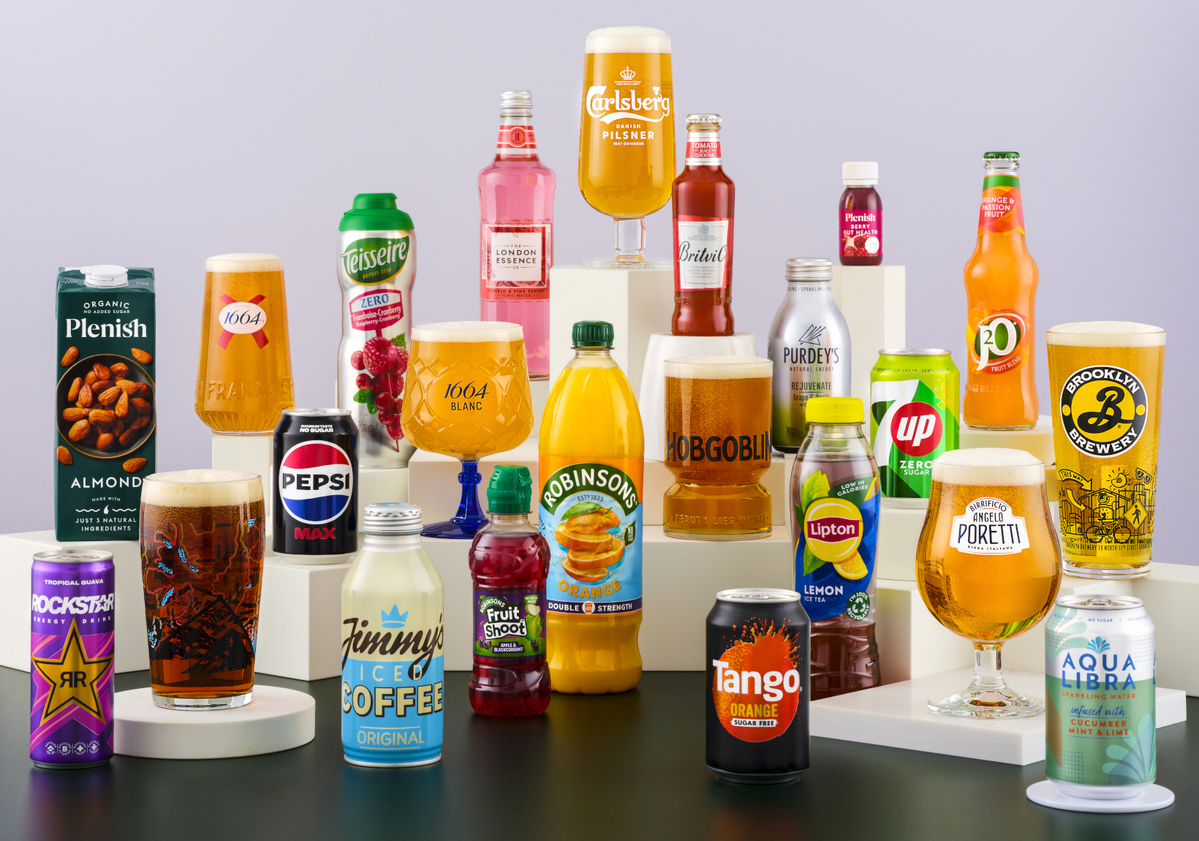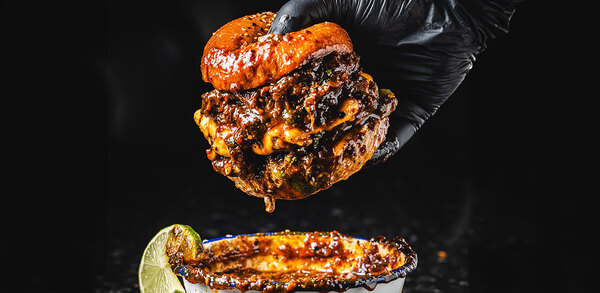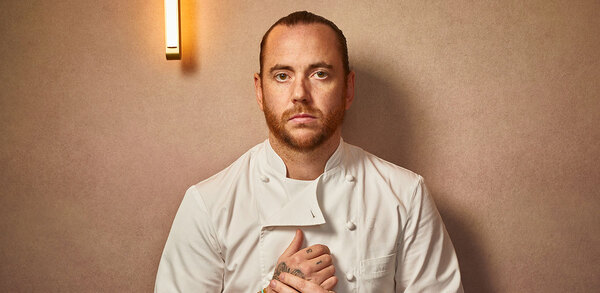Government’s response to National Food Strategy to be published early next year
The government’s white paper response to Henry Dimbleby’s National Food Strategy will be published early next year, potentially in January, it was announced earlier today.
The National Food Strategy and Public Health debate took place in Westminster Hall this morning in which Jo Churchill, parliamentary under secretary of state at the Department for Environment, Food & Rural Affairs (DEFRA), said: “I have spoken to the minister for farming, fisheries and food [Victoria Prentis]. She indicated that it is her intention to push for January but, given current circumstances, I will say early next year.
“That will set out the government’s wider ambition and priorities for the food system, ensuring that food is not only affordable but sustainable and healthy.”
The white paper is supposed to be published within the six months following the publication of the second part of the National Food Strategy, which came out on 15 July 2021.
Opening the debate today, Jo Gideon, MP for Stoke-on-Trent Central, said that a “lasting, holistic solution to food system failures” was needed, with industry progress against voluntary reformulation targets “subject to transparent and regular monitoring”.
“Crucially, the government should make clear what regulatory action will follow if the industry does not respond comprehensively and swiftly to voluntary targets,” she said, adding that an independent body responsible for the strategic oversight of the implementation of the National Food Strategy should be established with the power to advise the government and report to parliament on progress.
She also asked that the recommendations made in the National Food Strategy “be embraced fully” in the white paper, adding there was a “key role to be played in schools in both curriculum and school food”.
The issue of school food was raised by several members, including Harlow MP Robert Halfon, who suggested free school breakfast clubs be included as part of Wales’ extended school day pilot, and the implementation of a similar pilot scheme in England “especially in those areas of high disadvantage”.
Ian Byrne, MP for Liverpool, West Derby, said free school breakfasts and lunches for every child in compulsory education would build on the recommendations of the strategy.
“There will be those who say we cannot afford to do this. I say, how can we not afford to do this? It’s an investment in our country’s future,” he said.
Derek Thomas, MP for St Ives, meanwhile highlighted the “successful, satisfying, rewarding” careers available in food and farming and called on multiple government departments to work together “to make sure that we do really encourage our own people to enjoy and see food and farming as a rich career to follow”.
Churchill acknowledged that unified policy across government was needed and added: “We are committed to using the Food Strategy, to getting it out as soon as we can, to transform the food system and support the important work underway across government to make sure we all are as healthy as we can be.”
Dimbleby, co-founder of Leon and the Sustainable Restaurant Association, was commissioned to lead a review of the UK’s food systems in 2019 with the aim of drawing up a blueprint for the country to provide safe, healthy, sustainable and affordable food for all. His findings were published in two parts, in 2020 and then in July 2021.
The 288-page document tackled everything from biodiversity loss and intensive farming through to climate change and the junk food cycle, delivering 14 new recommendations on how to overhaul the system for the better.
The report's recommendations included an overhaul of food education and reinstating the food A-level and extending eligibility for free school meals.
Three of the report's recommendations drew particular attention from the hospitality industry: a 30% reduction in meat consumption, additional nutritional reporting from large food businesses and – most incendiary of all – a £3 tax per kilo on sugar and £6 per kilo on salt for use in processed foods, restaurants and catering. Some areas of the industry expressed concerns the tax would have an impact on cost price inflation, hitting a sector already reeling from the pandemic.
Photo: Shutterstock


















